April 22, 2025 | 02:37 GMT +7
April 22, 2025 | 02:37 GMT +7
Hotline: 0913.378.918
April 22, 2025 | 02:37 GMT +7
Hotline: 0913.378.918
The government’s Private Economic Development Research Board under the Advisory Council for Administrative Procedure Reform have sent an urgent petition to the Prime Minister requesting Ho Chi Minh City to cease collecting seaport infrastructure fees, which have been applied from April 1.
As noted in the petition, the charging of fees for using the infrastructure and public services in the seaport areas in Ho Chi Minh City has been leaving a negative impact on businesses’ recoveries after the COVID-19 pandemic.
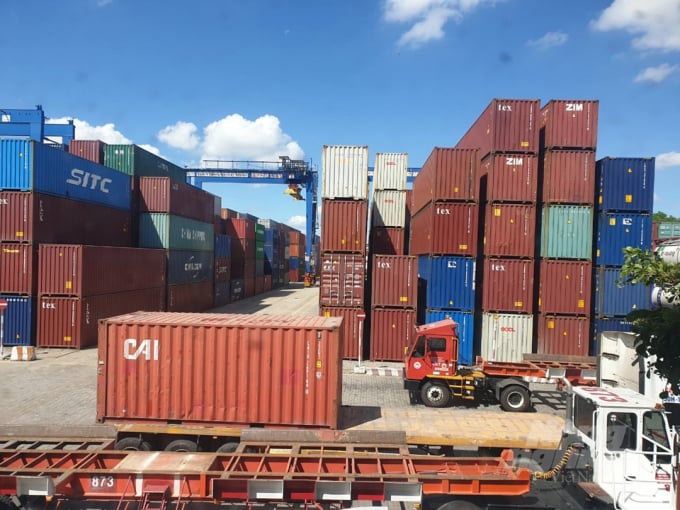
Logistics costs in Vietnam are estimated to be twice as high as those in developed countries. Photo: Nguyen Thuy.
According to statistics of the Vietnam Seaport Association (VPA), the total volume of containers through the seaport area in HCMC in 2021 was 7,956,133 TEU, accounting for about 43.3 per cent of the whole country, excluding liquid and bulk cargo.
With such current volume of import and export goods passing through ports in Ho Chi Minh City, a large number of businesses will be severely affected by seaport infrastructure fees.
Therefore, many associations including Vietnam Logistics Service Enterprise Association; Vietnam Coffee and Cocoa Association, Vietnam Timber and Forest Product Association; Vietnam Fertilizer Association; Vietnam Shippers Association; Vietnam Inland Waterway Transport Association; The Vietnam Shipowners Association... as well as a series of FDI enterprises in Dong Nai, Binh Duong and domestic enterprises have proposed to the People's Committee of Ho Chi Minh City, the People's Committees of the provinces adjacent to Ho Chi Minh City to stop the collection of seaport infrastructure fees in the city in order to remove its negative effects.
According to them, the seaport infrastructure fees are high and charged at an appropriate time, which has imposed the burden and weakened the recoveries of enterprises after the COVID-19 pandemic.
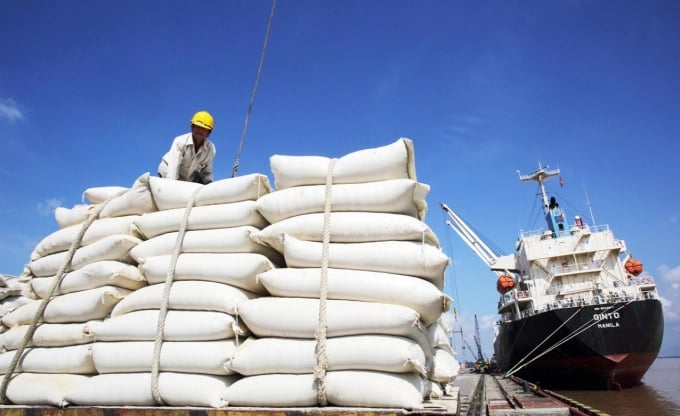
The collection of seaport infrastructure fees will impose more burden on businesses, especially those exporting agricultural products. Photo: TL.
On the other hand, the improper collection of fees for goods transported by inland waterway and transshipment, transit, temporary import for re-export has hindered the development of inland waterway transport and caused loss of revenue from these goods while running counter to the provisions of international treaties to which Vietnam is a contracting party.
The difference between opening customs declarations in HCMC and in neighboring provinces is inconsistent with the law on Customs, discriminatory and causes difficulties for enterprises in neighboring provinces. Most of them therefore tend to flock to the city to make declarations that consequently leads to congestion and overloading during customs clearance at HCMC ports.
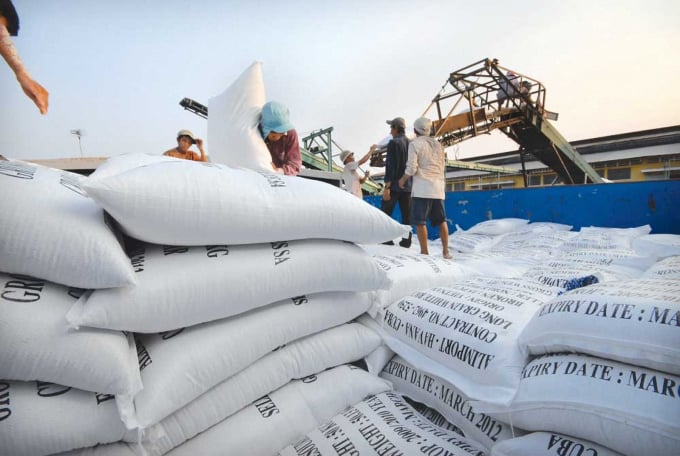
Enterprises have requested to stop collecting seaport infrastructure fees to facilitate production recovery after the COVID-19 pandemic. Photo: TL.
The government’s Private Economic Development Research Board assessed that the above shortcomings have been creating a number of significant consequences, negatively affecting the direct operations of enterprises, the realization of a number of objectives of the economy, the direction and administration of the Government as well as the law enforcement in the system of executive agencies.
They therefore suggested the Prime Minister consider and direct the People's Committee of HCMC to study the problem of local benefits after studying the national benefits. Enterprises and associations proposed to stop the collection of seaport infrastructure fees in HCMC to create conditions for businesses and the economy to recover and develop.
In case that the COVID-19 has been completely controlled and businesses have also basically recovered, the implementation of seaport fee collection must strictly comply with the provisions of the Law on Fees and laws of import and export.
The rate of collection must be on the basis of transparency of the previous investment source, aiming to partially compensate for the investment instead of constructing other infrastructures of Ho Chi Minh City.
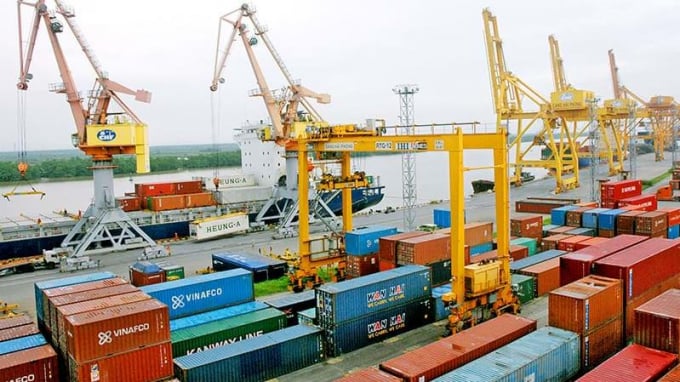
The collection of seaport infrastructure fees aims to renovate seaports but demands an appropriate mechanism and time of implementation. Photo: ST.
In addition, fees should not be imposed on goods transported by inland waterways, transshipment, transit and temporary import for re-export.
According to Bui Hoa An, Deputy Director of Ho Chi Minh City Department of Transport - Transport, over 6,780 businesses registered to pay for seaport infrastructure fees with more than 16,500 declarations from April 1 to 3:30 p.m. on April 4. The total amount of receivables was expected to exceed VND26.2 billion (US$1,1 million). However, HCMC has just collected more than VND11.9 billion ($520,000), of which, toll collection in the city is more than VND4.5 billion ($197,000) and toll collection outside the city is beyond VND7.4 billion ($324,000).
Translated by Phuong Ha
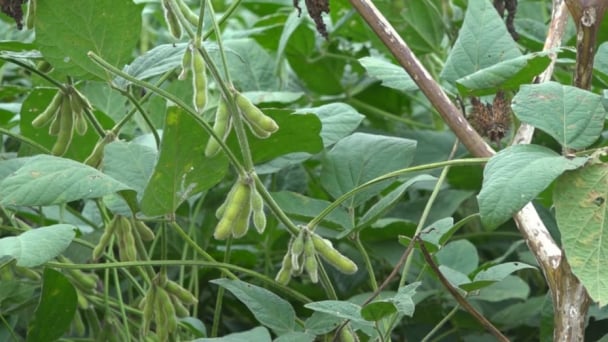
(VAN) A soybean processing plant in Lancaster County, South Carolina is expected to close this spring, officials confirmed Monday.

(VAN) The Central Veterinary Diagnosis Center (Department of Livestock Production and Animal Health) has proposed tightening the mechanisms for monitoring and ensuring transparency in the testing information provided by private laboratories.
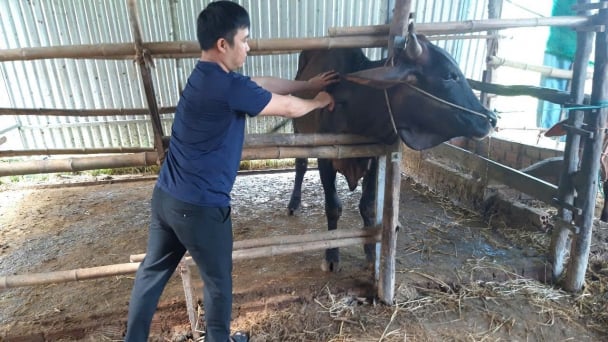
(VAN) Not only does vaccination protect livestock against dangerous diseases, but it also brings sustainable economic benefits to farmers.
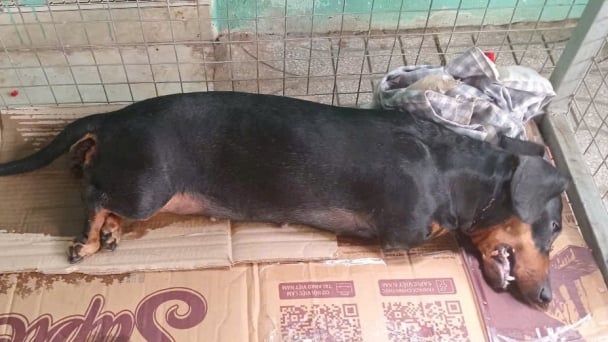
(VAN) Since the beginning of the year, Dong Nai has recorded 8 rabies outbreaks, resulting in 2 deaths due to unvaccinated dogs being let loose on the streets.
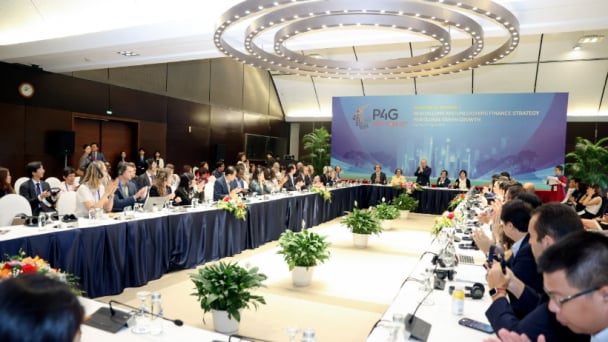
(VAN) Green finance needs to undergo global reform to ensure capital flows to the right places, at the right time, and supports a just green transition.
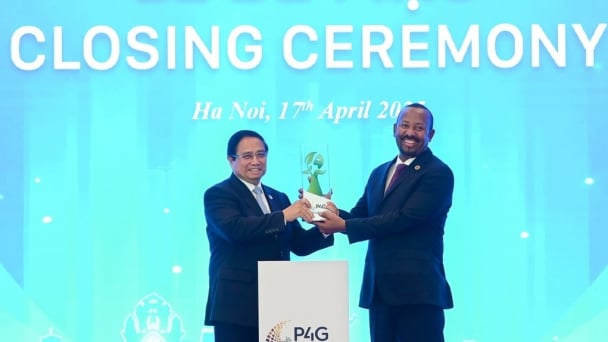
(VAN) On the afternoon of April 17, Prime Minister Pham Minh Chinh chaired the closing ceremony of the P4G Vietnam Summit 2025, with the theme 'Sustainable and People-Centered Green Transformation.'
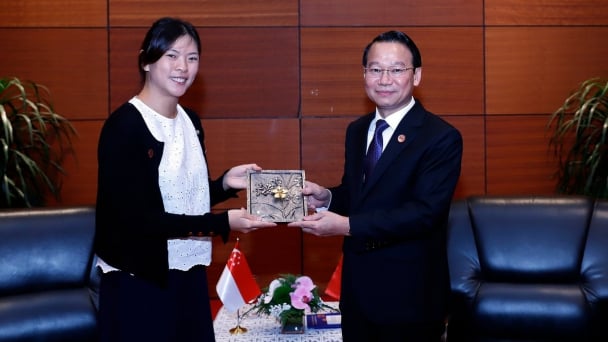
(VAN) Vietnam and Singapore are poised to sign the Paris Agreement and collaborate on implementing large-scale renewable energy projects that are mutually beneficial.